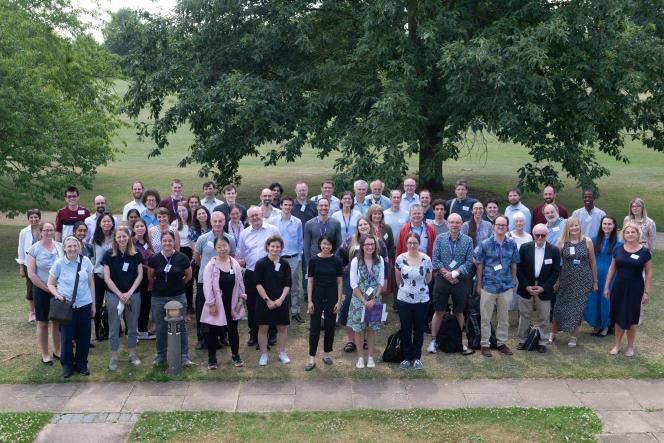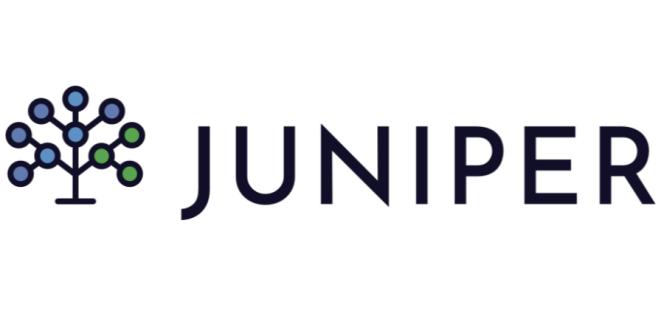
Møller Institute
Background
As we move from pandemic to endemic with COVID-19, it is widely recognised that there is a need to look back at lessons learned from the modelling undertaken over the course of the last two years. It is essential to take forward these learnings in order to plan for resilience against future pandemics
Modelling has taken centre stage both in forecasting, policy formulation and in informing the public, featuring prominently in the advice given to government in the UK and beyond. As well as the high death toll associated with the disease, COVID-19 has had profound influence on social and economic activity. The modelling has informed different policy interventions such as lockdowns, vaccination programmes, and furlough schemes.
The modelling and science which has taken place during the pandemic has been highly collaborative. It has involved epidemiologists and multiple other academic disciplines attempting to answer many questions across a wide range of areas, all subject to uncertainty. To assist this, the Royal Society Rapid Assistance in Modelling the Pandemic (RAMP) was set up in order to provide support to this endeavour from the UK mathematical modelling community. The goal of RAMP was to enhance modelling capacity to support rapid assessment of strategies of immediate policy relevance.
The RAMP Continuity Network followed on from RAMP. It was set up in January 2021 to facilitate scientific networking to help maintain strong communication links among RAMP-initiated projects, and further develop links between these and the wider modelling community around COVID-19. This event will include scientific research contributions and perspectives from the RAMP project, the JUNIPER Consortium and others. It will aim to provide a forum to highlight and discuss both lessons learned and potential answers to epidemiological questions and what we need to do better in the future.
Aims and objectives
This two-day in-person event aimed to highlight and reflect on lessons learned from the modelling undertaken during the COVID-19 pandemic. Talks and discussions explored the key epidemiological questions. How can we answer these - what are the models that fit these areas and how these can be used to build systems that will strengthen resilience for the future.
Across the two days, this workshop focused on the following categories:
- Successes and lessons learned – a general overview and some specific examples
- Answered to epidemiological questions – looked at areas which will include animal models, in-host models, learned from data to create new models, quantitative micro-assessment models, and vaccine evolution models.
- Future proofing – planning for resilience.
The Programme is available and the event ran from 10:00 - 16:45 on Wednesday 22nd and 10:00 - 13:00 on Thursday 23rd. Confirmed speakers included Matt Keeling (University of Warwick), Ian Hall (University of Manchester), James Wood (University of Cambridge Veterinary School), Julia Gog (University of Cambridge) and Tom Finnie (UKHSA).

Registration and Venue
Registration for this event is now closed.
This event took place at the Møller Institute , Churchill College, Cambridge.


